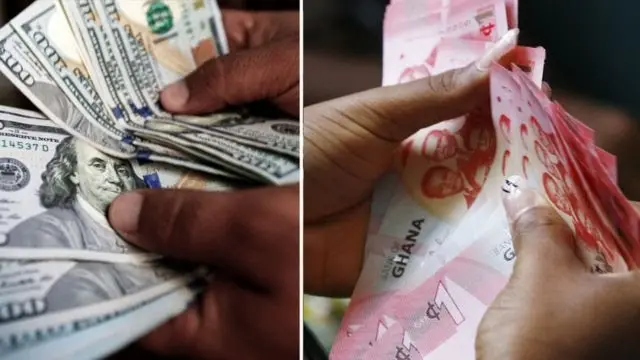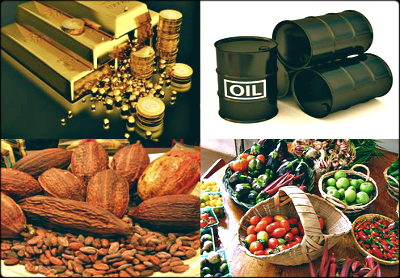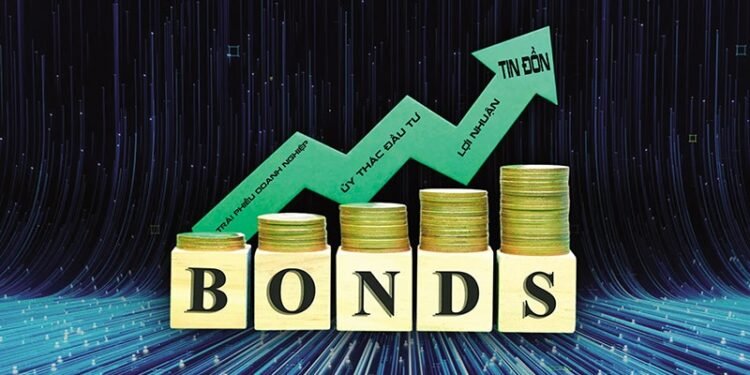Ghana’s local currency, the cedi, has stunned markets with a spectacular turnaround in October 2025, erasing all the third-quarter losses it recorded earlier in the year.
Data from Bloomberg and the World Bank show that the cedi, which depreciated by about 14 percent in the third quarter, has now gained approximately 16 percent in just the first two weeks of October. This impressive performance has lifted its year-to-date appreciation to 37 percent against the US dollar.
The development comes as a huge relief to businesses, importers, and consumers who have been grappling with currency volatility in recent months. It also signals renewed market confidence in the central bank’s foreign exchange management strategy and the broader Ghanaian economy.
The cedi’s performance in the third quarter of 2025 was disappointing for many market watchers. By the end of September, its earlier gains had dwindled from more than 40 percent at the end of July to about 21 percent. However, October has completely changed the narrative. Within just two weeks, the local currency appreciated by an estimated 16 percent, reclaiming all the ground lost between July and September.
A closer look at data from commercial banks indicates that between October 13 and 17, the cedi appreciated by 9.5 percent against the US dollar. Analysts say this could be one of the sharpest weekly appreciations in Ghana’s recent history, marking a significant turnaround in sentiment and performance.
BoG’s New Forex Strategy Paying Off
Market observers attribute the cedi’s strong recovery to decisive policy actions by the Bank of Ghana (BoG). The central bank has introduced new measures that have boosted dollar supply and stabilized market expectations. Among these reforms is a shift from the traditional weekly foreign exchange auctions to spot sales for commercial banks.
According to the Ghana Association of Banks, this change has enhanced market efficiency and improved transparency. Its Chief Executive Officer, John Awuah, noted that the recent rebound reflects “positive market developments” and the impact of the BoG’s revision of the Net Open Position (NOP) rules for commercial banks. This revision allows banks more flexibility to manage their foreign exchange exposures, improving liquidity in the interbank market.
Interestingly, sources within the banking sector suggest that the Bank of Ghana has reduced direct dollar interventions in recent weeks, even though the interbank market remains very liquid. This liquidity, supported by strong export revenues from cocoa, gold, and oil, has helped maintain stability in the foreign exchange market.
Checks revealed that commercial banks are currently selling the US dollar at around GH¢10.90 for retail transactions, while interbank rates range between GH¢10.69 and GH¢10.85. The appreciation has also extended to the forex bureau market, where rates now average between GH¢12.00 and GH¢12.40 to the dollar.
Analysts argue that the improved liquidity situation reflects both the effect of tighter monetary policies and better fiscal discipline. The central bank’s aggressive interest rate stance has continued to attract short-term capital inflows, while the government’s efforts to reduce budget deficits have improved investor confidence in Ghana’s macroeconomic outlook.
The Role of the Domestic Gold Purchase Programme
The Bank of Ghana’s decision to begin foreign exchange intermediation under the Domestic Gold Purchase Programme in October 2025 has also been a major factor behind the cedi’s renewed strength. Under this initiative, the central bank plans to sell up to $1.15 billion in foreign exchange during the month through spot-based, price-competitive auctions open to all licensed banks.
Governor Dr. Johnson Asiama explained that the programme aims to deepen the interbank FX market, enhance price discovery, and reduce volatility while maintaining a level playing field for all market participants. He emphasized that the initiative is designed to support sustainable liquidity and strengthen the exchange rate regime over the long term.
The cedi’s remarkable performance has not gone unnoticed by foreign investors. Market analysts believe the recent rally has boosted Ghana’s attractiveness as an investment destination, particularly in the fixed-income and equity markets. Improved currency stability tends to reduce exchange rate risks for foreign investors, encouraging long-term commitments to local assets.
Some analysts, however, caution that maintaining this momentum will require continued policy consistency and disciplined management of both fiscal and external balances. They stress that Ghana’s dependence on commodity exports still makes the cedi vulnerable to global price fluctuations, although the recent diversification efforts by the government may help cushion such risks.
While some traders view the recent surge as a short-term correction, others believe that the cedi’s rally could extend into the final quarter of 2025. Factors such as high export receipts, strong remittance inflows, and tightened foreign exchange regulations are expected to sustain the momentum.
The cedi’s impressive comeback in October has reignited optimism in Ghana’s financial markets. With a 37 percent year-to-date appreciation, the local currency has become one of the best-performing African currencies in 2025. If current trends continue, Ghana could close the year with one of its most stable exchange rate periods in recent memory.
READ ALSO: Ghana’s Rising Food Insecurity Demands Urgent Systemic Reform























